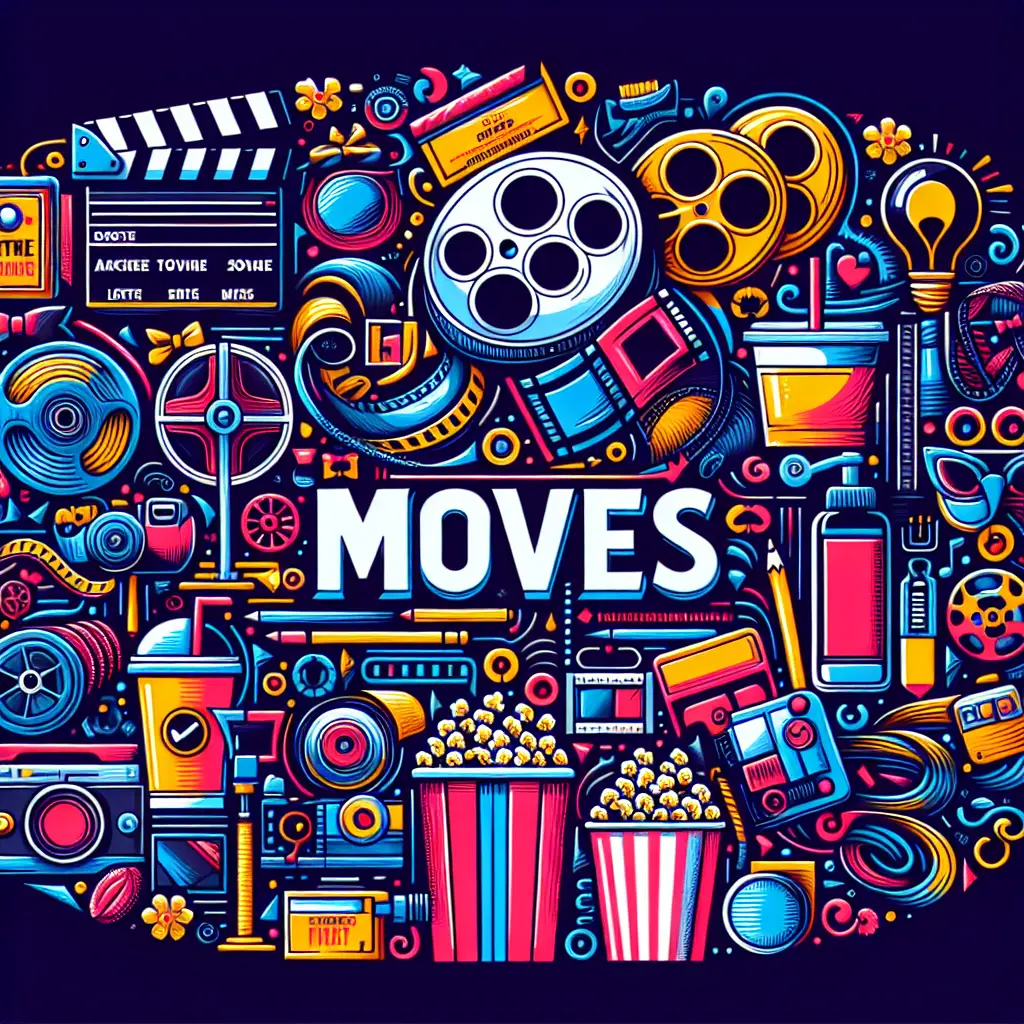Movies are undoubtedly the most popular forms of entertainment, with varied genres catering to everyone’s interests and moods. They provide an escape for the audience into fantastic stories, creating a space for them to immerse themselves in a completely different world. This article will delve into the evolution of the film industry, the birth of diverse film genres, the importance of critical reviews and ratings, and impact of digital platforms on movie viewing.
Movies have come a long way since the very first moving picture created in 1888 by Louis Le Prince. Early films were simple, short, had no sound, were black and white, and lacked storytelling elements. The advent of technology and extensive experimentation led to the birth of “talkies” – films with sound. The Jazz Singer (1927) was the first successful talking movie. This revolution steered the film industry into the realm of narrative storytelling and brought forth influential filmmakers like Alfred Hitchcock, Orson Welles, and John Ford.
Horror, romance, action, comedy, science fiction, etc., are some of the key genres that form the backbone of the movie industry. These genres have evolved to give rise to sub-genres, providing a wider array of choices for viewers. For instance, the horror genre, once restricted to jump scares and gruesome images, now includes psychological horror, supernatural horror, and horror-comedy. Gone are the days when Western movies dominated the industry. There has been a growing demand for films that explore different cultures and themes, catalyzing the production of alternative and independent cinema.
Another important aspect that greatly influences movie viewings is the critical reviews and ratings. Websites like Rotten Tomatoes and IMDb offer audience and critic reviews and ratings for all movies, swaying viewer’s decisions of whether to spend their time and money on a film. Critics carefully evaluate movies based on their screenplay, character development, cinematography, and directorial prowess. However, while critical reviews can be insightful, they are subjective and may not align with the viewer’s preferences, so caution is recommended when relying on them.
In recent years, digital platforms like Netflix, Amazon Prime, and Hulu have revolutionized the way movies are consumed. They have not only changed viewing habits but also influenced the creation and distribution of films. These platforms have increased accessibility and opened doors for independent filmmakers who can now distribute their films without going through theatrical releases. They have also ushered in an era of binge-watching, with audiences able to consume an entire series or multiple movies in one sitting.
Apart from providing entertainment, movies have considerable cultural and societal influence. They can start conversations, change perspectives, and inspire individuals. For example, the Marvel Cinematic Universe’s box office blockbuster Black Panther (2018) broke significant barriers by predominantly featuring a black cast and showcasing African culture, positively impacting the representation of black individuals in Hollywood.
In terms of economic impact, the film industry contributes significantly to a country’s GDP. For instance, in 2019, the U.S. film industry generated revenue of $43.4 billion. Filmmaking provides a multitude of employment opportunities, both direct and indirect, including acting, producing, directing, and myriad behind-the-scenes roles.
In conclusion, the movie industry continues to evolve, bringing forth new ideas, technology, and platforms. As audience consumption patterns change, so will the nature of movie production and distribution. Regardless, the essence of the movie industry – storytelling – will always remain the same.
Despite these vast changes over the decades, one thing remains constant – our love for the immersive world of cinema. Movies are a universal language that transcends borders and cultures, bringing together millions of strangers with shared emotions. They offer a ticket to alternate realities, a refuge from the mundane, and an experience that could potentially resonate with individuals long after the credits roll.
Share this content:

